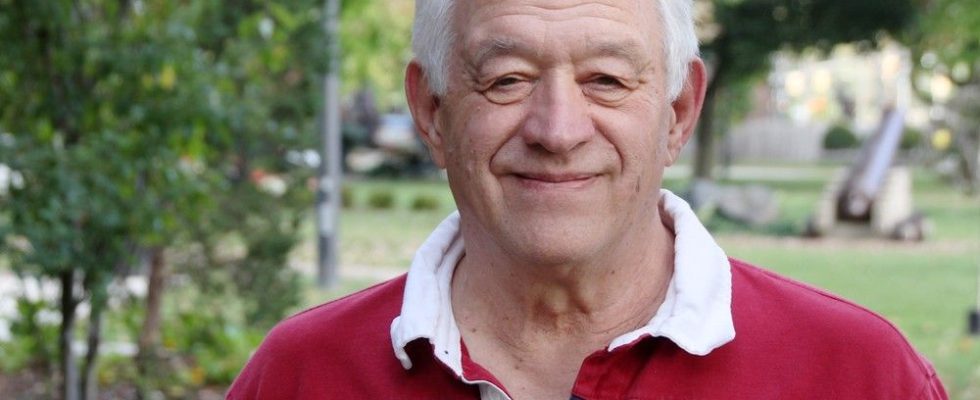
In high school, at Sarnia’s former Central Collegiate Institute, is when Mike DeVillaer says he first remembers raising the issue of drug use and social justice.
Advertisement 2
Article content
His class, studying William Shakespeare’s Julius Caesar, were performing segments of the play in class, and his group decided to create a parody, he said.
Article content
“We wrote it so the rebellion against Caesar was because he wouldn’t lighten up on the marijuana laws,” said DeVillaer, a Sarnia native who left for university in 1972 and currently has a part-time appointment in the department of psychiatry and behavioral neuroscience at McMaster University.
“The issue we really wanted to raise was that it was more of a social justice one,” he said. “Like, why are we still giving criminal records to mostly young people for something that is, in most cases, a victimless crime?”
That idea has guided his work during the years, he said, including as a clinician, teacher, researcher, policy analyst, director at the Center for Addiction and Mental Health, and with the Addiction Research Foundation of Ontario.
Advertisement 3
Article content
It’s also central in his book, Buzz Kill: The Corporatization of Cannabis, published by Black Rose Books and released last month, he said.
Some 10 years in the making, the book recounts cannabis history, from a demonized street drug to “glamorized corporate commodity” in Canada, and how the promises of legalization in the country didn’t live up to the hype, he said.
While legalization in Canada was sold as a way to cut out criminal elements, the government’s own intelligence from the Department of Justice, Public Prosecution Service and Criminal Intelligence Service, notes organized crime involvement was negligible from the start, he said, even as party members invested in medical cannabis companies before legalization.
Advertisement 4
Article content
Regulating the industry for good product hasn’t turned out either, he said, noting Health Canada has tracked about 3,000 infractions since 2015.
Industries have colluded with illegal providers, the sector itself has been unprofitable, and people are still being charged with marijuana-related offenses, he said.
“We should have decriminalized first and then looked at legalization with a not-for-profit approach,” he said, adding “that takes the whole market expansion, profit motivation out of it.”
Hopes are market forces can pivot the industry to craft producers still, he said, guaranteeing that will be difficult.
How Canada engaged with legalization is also a lesson for other countries considering doing the same, and for the potential future legalization of things like psychedelics, he said.
The book has been received well so far, said DeVillaer, who lives in Hamilton with his family and still regularly returns to Sarnia to visit his father.
“I’m getting good feedback from people,” he said, noting a formal launch is planned in Ottawa Nov. 9.
Copies are expected to be available at The Book Keeper in Sarnia soon, he said.
Article content

Comments
Postmedia is committed to maintaining a lively but civil forum for discussion and encourages all readers to share their views on our articles. Comments may take up to one hour for moderation before appearing on the site. We ask you to keep your comments relevant and respectful. We have enabled email notifications—you will now receive an email if you receive a reply to your comment, there is an update to a comment thread you follow or if a user you follow comments. Visit our Community Guidelines for more information and details on how to adjust your email settings.